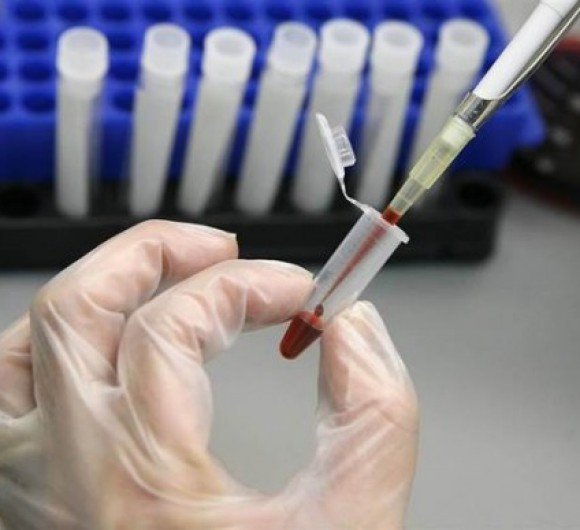Health
Human antibodies to fight ebola viruses discovered

New York, May 19: In a first, scientists led by one of Indian-origin have discovered natural human antibodies that can neutralise and protect animals against three virulent ebola viruses, an advance that could lead to vaccines against the deadly disease.
The broadly neutralising natural human antibodies were discovered in the blood of a survivor of the 2013-16 ebola outbreak in Western Africa, which caused more than 11,000 deaths and infected over 29,000 people.
The blood was found to contain remarkable antibodies that block not just one strain of Ebola from infecting animal cells, but all five known strains -- Zaire, Bundibugyo, Sudan, Reston and Tai Forest, the researchers said.
Our discovery and characterisation of broadly neutralising human antibodies is an important step toward a single therapy that could treat or prevent infection caused by any known ebolavirus, said Kartik Chandran, professor at Albert Einstein College of Medicine, New York.
Previously, monoclonal antibodies -- which bind to and neutralide specific pathogens and toxins -- emerged as one of the most promising treatments for Ebola patients. However, the therapy targetted just one of the specific ebola virus and could not work against the others.
In the study, published in the journal Cell, the team found that two of the 349 monoclonal antibodies -- ADI-15878 and ADI-15742 -- from the Ebola survivor, potently neutralised infection by all five known ebolaviruses in tissue culture.
Both the antibodies were able to protect animals (mice and ferrets) that had been exposed to a lethal dose of the three major agents: ebola virus, Bundibugyo virus and Sudan virus.
The study also pinpointed the human genes that are the likely source of the immune cells that produce the two antibodies.
"We'd like to synthesise vaccine immunogens [proteins that trigger antibody production] that can elicit the same types of broadly protective antibodies in people," Chandran added.



































